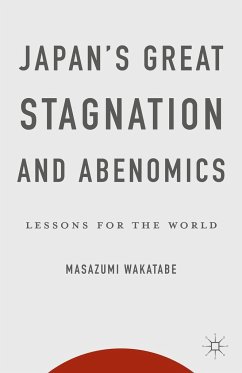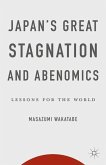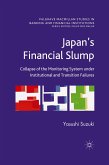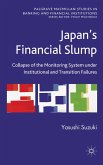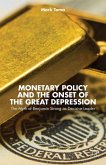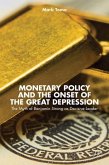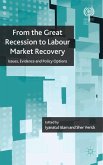As the global Great Recession continues, policymakers, economists, and the public are turning to Japenses economic revitalization for answers. Paul Krugman, Nobel laureate in Economics, once said that Japan was a "full-dress rehearsal for the current crisis." Japan has experienced and valiantly overcome the burst of their Bubble economy, financial crisis, lukewarm recovery, and more than a decade-long deflation and stagnation to become one of the most stable economies today.
Japan's Great Stagnation and Abenomics reveals the striking similarities of economic events and policies between the Great Stagnation and the current Great Recession. It also suggests possible dangers ahead and way-outs in the future. This exciting new volume is based on Wakatabe's expertise in economic history and the history of economic ideas and argues that any policy decision is related to cultural ideology. An investigation into the relationship between cultural ideology and policy helps us better understand the policy-making process.
Japan's Great Stagnation and Abenomics reveals the striking similarities of economic events and policies between the Great Stagnation and the current Great Recession. It also suggests possible dangers ahead and way-outs in the future. This exciting new volume is based on Wakatabe's expertise in economic history and the history of economic ideas and argues that any policy decision is related to cultural ideology. An investigation into the relationship between cultural ideology and policy helps us better understand the policy-making process.
"Masazumi Wakatabe have written the best book to date on the Japanese economic crisis and Shinjo Abe's campaign to resolve it. ... it deserves a wide audience among Japan specialists and general readers alike. ... The global financial crisis, like Japan's great stagnation, is a reminder that macroeconomic analysis needs to be informed by economic history and the history of economic thought. Japan's Great Stagnation and Abenomics is a textbook example of how this should be done." (Barry Eichengreen, Japanese Journal of Political Science, Vol. 17, 2015)
"The initiative of 'Abenomics' led by Prime Minister Shinzo Abe woke up the Japanese economy, a sleeping lion, to a vigorous growth that drew the attention of international media. Yet, we do not have a systematic account in English of the process by which Abenomics led Japan to recover in a few years after almost two decades of stagnation. Excellently trained in monetary economics and in political economy, Wakatabe provides us an academic study of macroeconomic mechanism, political incentives, and the role of economic ideology behind this magic comeback." - Koichi Hamada, Tuntex Professor Emeritus of Economics, Yale University, USA; Special Advisor to Prime Minister Shinzo Abe
"In this very good, thoughtful analysis focusing on Japan's mediocre economic performance since 1990, Wakatabe stresses the context in which conflicts between a structured view and a macroeconomic view led to major macroeconomic policy mistakes. From this history, he derives monetary lessons for foreign policy makers. He then provides an interim evaluation of Abenomics." - Hugh Patrick, Director, Center on Japanese Economy and Business, Columbia Business School, USA
"The initiative of 'Abenomics' led by Prime Minister Shinzo Abe woke up the Japanese economy, a sleeping lion, to a vigorous growth that drew the attention of international media. Yet, we do not have a systematic account in English of the process by which Abenomics led Japan to recover in a few years after almost two decades of stagnation. Excellently trained in monetary economics and in political economy, Wakatabe provides us an academic study of macroeconomic mechanism, political incentives, and the role of economic ideology behind this magic comeback." - Koichi Hamada, Tuntex Professor Emeritus of Economics, Yale University, USA; Special Advisor to Prime Minister Shinzo Abe
"In this very good, thoughtful analysis focusing on Japan's mediocre economic performance since 1990, Wakatabe stresses the context in which conflicts between a structured view and a macroeconomic view led to major macroeconomic policy mistakes. From this history, he derives monetary lessons for foreign policy makers. He then provides an interim evaluation of Abenomics." - Hugh Patrick, Director, Center on Japanese Economy and Business, Columbia Business School, USA

